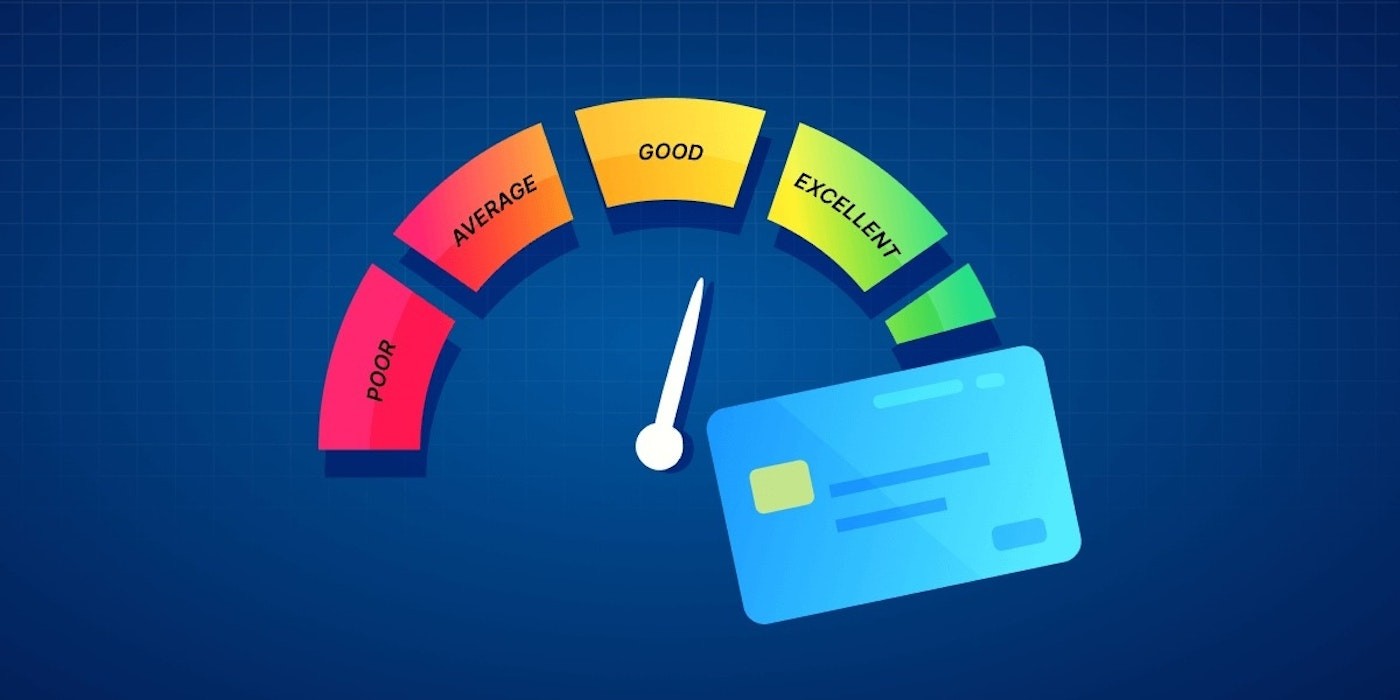Emergency Loan Eligibility: What Lenders Are Looking For

Introduction
Emergency loans can be a lifesaver in financial crises or unexpected expenses. These loans provide quick access to funds when you need them, whether for medical bills, car repairs, or other urgent financial needs. However, before you rush to apply for an emergency loan, it's crucial to understand the eligibility criteria lenders in Australia consider. This guide will delve into the ins and outs of emergency loan eligibility, shedding light on what lenders seek when you seek financial assistance during trying times.
Types of Emergency Loans
Personal Loans
Personal loans are a common choice for Australians facing financial emergencies. They offer flexibility in terms of loan amount and repayment period. However, eligibility requirements can vary between lenders. Typically, you'll need to have a decent credit score and a stable source of income to qualify for a personal loan.
Payday Loans
Payday loans are designed to provide short-term financial relief until your next payday. While they offer quick access to cash, they often come with high-interest rates and fees. Eligibility for payday loans typically depends on your income and employment status rather than your credit score.
Title Loans

Title loans involve using your vehicle as collateral for a loan. These loans are accessible even if you have a poor credit history, but they come with the risk of losing your vehicle if you fail to repay the loan.
Credit Union Loans
Credit unions often offer more lenient eligibility criteria compared to traditional banks. However, you may need to become a member of the credit union to access their loan products. Eligibility typically depends on your creditworthiness and membership status.
Common Eligibility Criteria
Credit Score

Your credit score is a significant factor that lenders consider when evaluating your eligibility for an emergency loan. It reflects your creditworthiness and financial history. In Australia, credit scores typically range from 0 to 1,000 or 0 to 1,200, depending on the credit reporting agency. Lenders often have minimum credit score requirements, and a higher score generally increases your chances of approval.
Maintaining a good credit score involves paying bills on time, managing credit accounts responsibly, and avoiding defaults or late payments. If your credit score is less than ideal, you may still be eligible for certain loans but may face higher interest rates.
Income and Employment
Lenders want assurance that you can repay the loan. Therefore, they assess your income and employment history. Most lenders require borrowers to have a stable source of income. This income can come from various sources, such as employment, self-employment, government benefits, or rental income.
There's typically a minimum income threshold that you must meet to be eligible for a loan. Lenders also prefer borrowers with a steady employment history, as it demonstrates financial stability.
Debt-to-Income Ratio

Your debt-to-income ratio (DTI) is a measure of your monthly debt obligations relative to your income. It's a crucial factor in determining your ability to handle additional debt. Lenders calculate your DTI by dividing your monthly debt payments (e.g., credit card payments, loan payments) by your monthly income.
Lenders in Australia generally prefer borrowers with a low DTI, as it indicates that you have sufficient income to cover your existing debt obligations and the new loan payments. Different lenders may have varying maximum allowable DTIs, so you must check with the lender you're interested in.
Loan Purpose and Documentation

When applying for an emergency loan, it's essential to provide a clear and legitimate reason for the loan. Lenders typically require you to specify the purpose of the loan, whether it's for medical bills, home repairs, or other financial needs. Having a well-defined purpose can increase your chances of approval.
Additionally, lenders will request documentation to support your application. This documentation may include proof of income (such as pay stubs or tax returns), bank statements, identification, and other relevant financial records. Being prepared with the necessary documentation can streamline the loan application process.
Specific Lender Requirements
Banks and Traditional Lenders
Banks and traditional financial institutions often have stringent eligibility criteria. They typically require a higher credit score and a stable financial history. The approval process with these lenders may also take longer compared to alternative lenders.
Online Lenders

Online lenders offer a more convenient and quicker loan application process. However, they may charge higher interest rates and fees to offset the perceived risk of lending to individuals with varying credit histories. While online lenders are more lenient in some aspects, it's essential to carefully review the terms and conditions before proceeding.
Credit Unions
Credit unions, being member-based organisations, may have specific membership criteria. To access their loan products, you may need to become a member by opening a savings account or meeting other requirements. Credit unions often offer competitive rates and more personalised service.
Government Assistance Programs
Government assistance programs, such as those administered by the Small Business Administration, have specialised eligibility criteria. These programs are usually designed to support individuals or businesses facing unique challenges, such as natural disasters or economic downturns. Eligibility for government assistance loans may involve demonstrating the extent of the financial impact and complying with specific program requirements.
Tips for Improving Eligibility
How to Raise Your Credit Score

Improving your credit score takes time and effort but can significantly enhance your eligibility for emergency loans and other financial products. Consider the following steps to boost your credit score:
- Pay bills on time.
- Reduce outstanding debt.
- Avoid opening multiple new credit accounts.
- Check your credit report for errors and dispute inaccuracies.
- Maintain a mix of credit types.
Managing Debt and Reducing DTI
To lower your DTI and improve your loan eligibility:
- Pay down existing debt.
- Avoid taking on new debt.
- Increase your income or find additional sources of income.
- Create a budget to manage your finances effectively.
- Consider debt consolidation if you have multiple high-interest loans.
Increasing Income and Stability

To enhance your eligibility, focus on increasing your income and demonstrating stability:
- Look for opportunities to increase your earnings through a pay raise or a side gig.
- Maintain steady employment and avoid frequent job changes.
- Save an emergency fund to demonstrate financial stability.
Preparing Necessary Documentation
Gathering the required documentation in advance can expedite the loan application process:
- Keep records of your income, tax returns, and employment history.
- Maintain organised financial records, including bank statements.
- Ensure your identification documents are up-to-date.
Alternatives to Emergency Loans

While emergency loans can be valuable, they may not always be the best solution. Consider these alternatives:
Emergency Savings Fund
An emergency savings fund can provide a financial safety net for unexpected expenses. Aim to save at least three to six months' worth of living expenses in a separate account.
Credit Cards

Credit cards can be used for short-term emergencies. However, be cautious about accumulating high-interest credit card debt. Pay off the balance as quickly as possible to avoid excessive interest charges.
Borrowing from Family or Friends
If possible, consider borrowing from trusted family members or friends who may offer more flexible terms and lower interest rates. Be sure to formalise the agreement with a written contract.
Charitable Organisations and Nonprofits
Certain charitable organisations and nonprofits provide financial assistance to individuals in need. Research local organisations that may be able to offer support during emergencies.

Conclusion
In times of financial crisis, understanding emergency loan eligibility criteria is paramount. Lenders in Australia consider various factors, including credit score, income, employment, and debt-to-income ratio, to assess your ability to repay the loan. While different types of emergency loans exist, choosing the one that best suits your needs and financial situation is essential.
Driva makes getting a personal loan for any occasion hassle-free, including emergency loans. With Driva, you can get your personalised loan quotes comparing 30+ lenders and receive your best match with 100% fee transparency.

FAQs
What credit score do you need for an emergency loan?
The required credit score varies, but a higher score improves approval chances. Generally, a score above 700 is advisable, however various lenders have different credit score requirements - some more lenient than others.
How does an emergency loan work?
Emergency loans offer quick funds for urgent needs. You apply, get approved, receive funds, and repay according to agreed terms.
How do you ensure you get approved for a loan?
Improve your credit score, maintain a stable income, manage debt responsibly, and prepare the necessary documentation.
Will my bank give me an emergency loan?
Banks may offer emergency loans, but eligibility depends on factors like credit score, income, and existing relationship with the bank.


.png)







